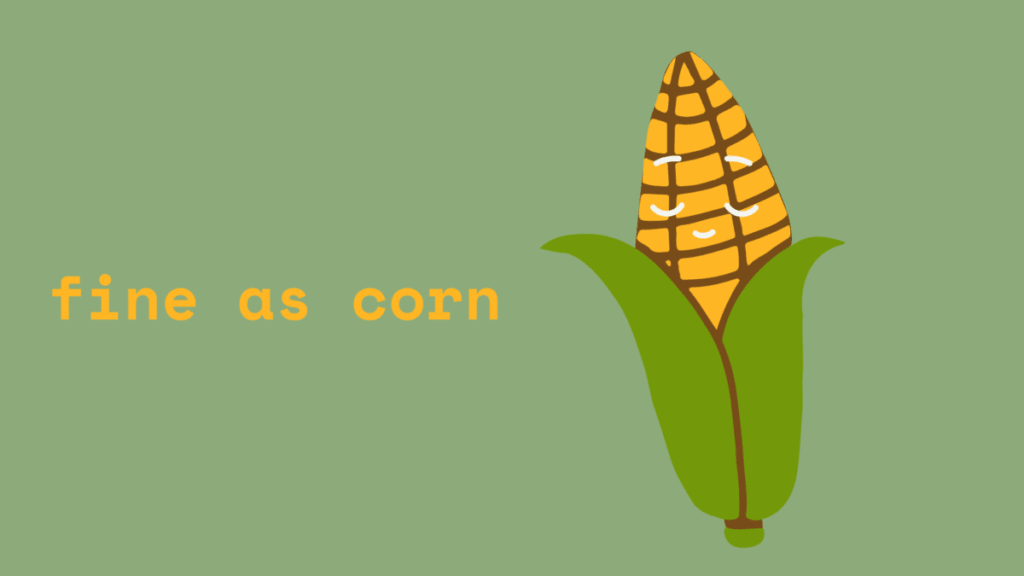Celebrate World Portuguese Language Day on May 5th with our collection of perfect Portuguese phrases, alongside their literal translations, meanings, and usages! This blog post contains a brief history of World Portuguese Language Day alongside 21 interesting and useful Portuguese phrases, idioms, and expressions that you can use in your celebrations.
Are you a Portuguese speaker? Share your favourite Portuguese phrases to Untranslatable, the world’s first online multilingual urban dictionary today! Creating a submission is nice and simple, but we’ve written a great submission guide for your ease.
What are the origins of World Portuguese Language Day?
May 5th was decided to be World Portuguese Language Day in 2009 by the Community of Portuguese-Speaking Countries, which has been a partner of UNESCO since 2000. Seeing as there are approximately 265 million Portuguese speakers worldwide, it only felt right to dedicate a day to the Southern Hemisphere’s most widely-spoken language. That’s why we’ve decided to collate 21 of our favourite Portuguese phrases to share with you!
Paredes têm ouvidos
(walls have ears)
Portuguese | Brazil
You shouldn’t say something because someone may be listening behind a wall.
It’s always a pleasure to know that some idioms are similar in multiple languages, which is why we love this Portuguese phrase that personifies walls. It’s also a great way to advise someone not to gossip or share secrets that aren’t theirs to tell. That being said, we want the walls to hear all your Portuguese phrases, so shout them as loud as you can!

Estar mais pra lá do que pra cá
(to be more there than here)
Portuguese | Brazil
Used when someone is close to death.
Next up is something a little more profound and spiritual. Now I think this is a really poetic way of viewing being close to death. It suggests that they are moving between worlds, which is so lovely, whether you’re a spiritual person or not.
Is someone bugging you at home or at work? What better way to tell them that you’d like some space than to tell them to “go plant potatoes”! This feels like a much kinder way of telling someone that you want them to go away but also carries the sting of a classic insult, without needing a profanity or a swear. We know we’ll definitely be using this one in future…
Deixa de brincadeiras
Portuguese | Portuguese speaking countries
Asking someone to stop joking around.
This is another useful way of telling someone to stop bothering you and to be a little more serious, without telling them to go and plant potatoes! You might end up using this one if you’re a little fed up at school or at home, and you want to stop fooling around.
Coroa
(crown)
Portuguese | Brazil
A word generally used by young people to refer to older people, especially the elderly ones. Also used to refer to someone’s or their own parents.
This is an interesting way of referring to older people, something that we don’t really have in English, but I think it’s really sweet! Who knows, maybe you’ll start calling your parents “crowns” in the near future?
O papa é argentino, mas deus é brasileiro
(the Pope is Argentine, but God is Brazilian)
Portuguese | Brazil
It is used whenever Brazil faces or is compared to Argentina. You can also just say “God is Brazilian” when something good happens in Brazil.
If you’re a football fan, this is the phrase for you! Why not use it the next time you watch a game between Argentina and Brazil? We won’t tell you who we support though to avoid any arguments…
Ever had that feeling when you’ve seen something you really want to buy and then you look at the price tag and you have a sharp stabbing pain at the cost? That’s what facada describes. Meaning literally a stab, this Portuguese word is perfect for describing the feeling of seeing something far too expensive in a shop.
71
Portuguese | Brazil
An abbreviation of “171”, the penal code for swindling and fraud. Used to refer to a person that often lies.
This Portuguese phrase is a little different, and is a great vocative for someone that tells a lot of lies. It’s such a clever phrase that originates from penal codes, and is a great little insult to use if you’ve got a chronic liar in your friendship group!
Virado no jiraya
(to be acting like Jiraya)
Portuguese | Brazil
When someone’s very angry because something upsetting happened, or simply woke up in a bad mood, they are “like Jiraya”.
Woken up on the wrong side of the bed, or just feeling grumpy for no reason? Then, you’re acting like Jiraya! This is a really useful phrase to use to describe when you’re feeling grumpy and may warn others to stay away, before you tell them to go plant potatoes!
You’ll fit right in with the native speakers when you use this word to express that you’re terrified of something. This is such a useful thing to learn, but hopefully you won’t be feeling scared about learning Portuguese after learning all these new Portuguese phrases!
Going back to the ever-popular vegetable theme, if you’re a clumsy person you can now think of yourself as a turnip. We love the idea of there being a designated word for someone who is clumsy, and I can hand on heart define myself as a turnip from now on!
If you’ve got your eye on someone special, this is the Portuguese phrase for you. It’s subtle and cute, and besides, who doesn’t love corn? This is a great way of expressing attraction or interest.

Also on the theme of romance, here are two fantastic Portuguese phrases for people who are interested in slightly older partners:
Danone
Portuguese | Mozambique
Danone is a yogurt made for small children uded to describe young man dating older women.
Marandza
Portuguese | Mozambique
A very young women sho dates man old enough to be their fathers or grandfathers for monetary gain. Many times while having a younger boyfriend.
Colocar na garrafa
(put in a bottle)
Portuguese | Mozambique
The act of witchcraft in which the lover’s name is writen and put in a bottle to make them fall in love like crazy.
This phrase is a great way of describing a love potion in the unconventional sense. It’s just like manifesting your true love to reciprocate those feelings. Who knows, it might even work for platonic feelings too, to bring you a closer connection to your friends. We think we’ll be trialling putting in a bottle sometime soon…
Tirar o cavalinho da chuva
(to take the little horse off the rain)
Portuguese | Brazil
When someone should not get their hopes up.
Here at the Foreign Language Collective and Untranslatable, we absolutely adore animal-related phrases, metaphors, and expressions. This is a really optimistic and cute way of telling someone to not get their hopes up, and it’s one we’ll definitely be using.
Ever lost a train? Of course you haven’t, but this is what you might say if you’ve lost something in Brazil, as trem (train) means “thing”. Don’t be confused if you’re walking around and someone asks you if you want to buy a train – they simply want you to buy something!
Enfiar o pé na jaca
(to stick your foot in the jackfruit)
Portuguese | Brazil
It’s used in moments when someone drinks too much alcohol or eats too much junk food. Generally used when someone goes beyond their limits.
If you’re tired of saying “your eyes are bigger than your stomach”, why not interchange it with “to stick your foot in the jackfruit” as a phrase to express overindulgence in something? This is a really vivid metaphor that is super effective in expressing its meaning.
Looking for a way to express a place that’s really far away? These two Portuguese phrases are perfect for explaining that a place is in the middle of nowhere, simply pick the dialect that feels more appropriate for you!
Em nkobe
Portuguese | Mozambique
It means somewhere really far away. Middle of nowhere. It’s a rural area said to still be living under colonization from how outdated it is.
Chafé
Portuguese | Brazil
A mix of the words “chá” and “café” (“tea” and “coffee”, in English) used to refer to a very bad and weak coffee.
Finally, we hope this isn’t something you’ll experience if you’re ever in Brazil, but just in case, we’ve got your back! This is a lovely little expression to describe a horrible coffee. Maybe it’ll catch on in other countries too, who knows?
We hope you’ve loved learning a little more about World Portuguese Language Day with this handy blog post. If you can think of any more great phrases that we should know, please add your submissions to Untranslatable! We love hearing from our community and boosting our passion for languages around the world.
